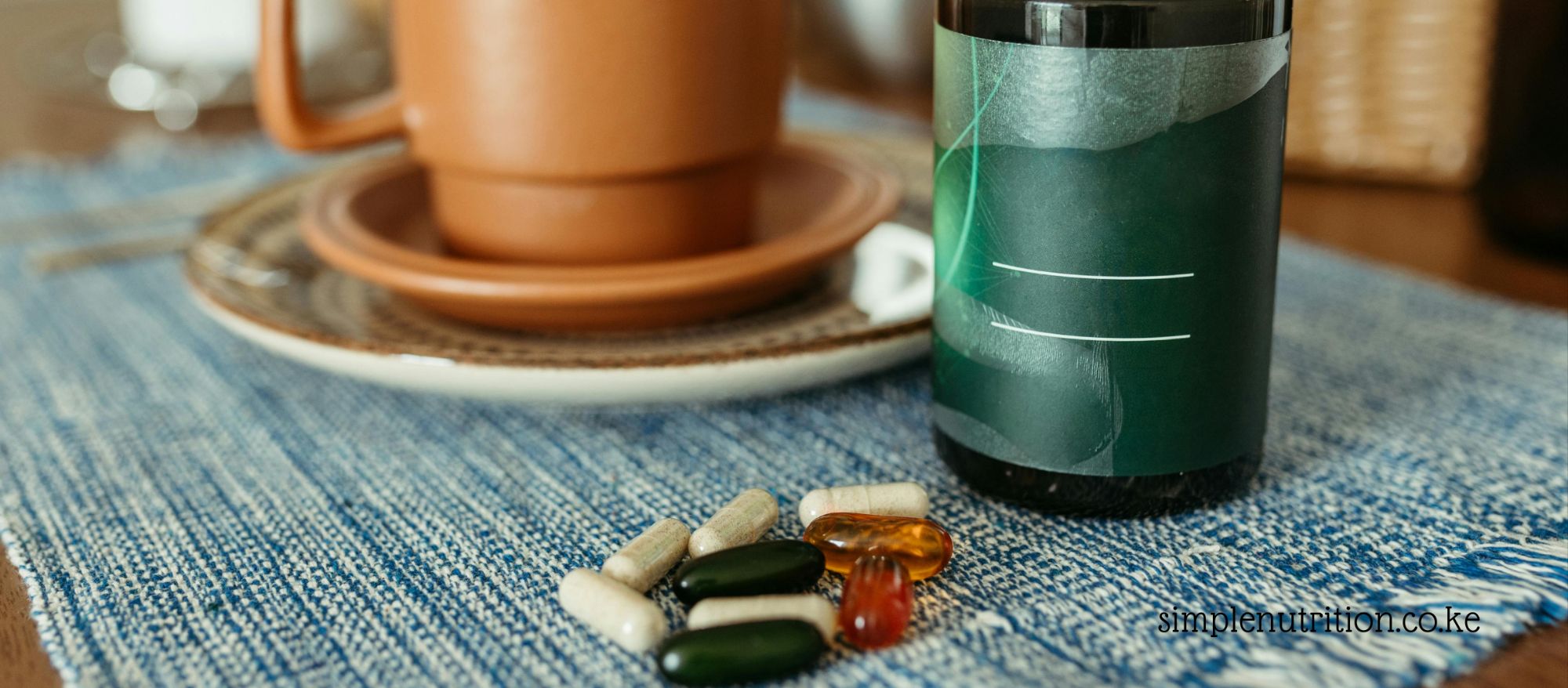Preventing blood sugar spikes is essential for managing diabetes and maintaining overall health. Here are some strategies:
1. Balanced Diet
- Eat a variety of foods: Incorporate different types of foods from the major food groups to balance nutrients.
- Whole grains: Ugali made from whole maize flour, brown rice, and sorghum.
- Vegetables: Sukuma wiki (kale), spinach, and traditional vegetables like managu (African nightshade).
- Fruits: Opt for low glycemic index fruits such as avocado, oranges, and berries.
2. Portion Control
Manage portion sizes: Avoid large servings of high-carb foods. For example, instead of a large portion of ugali, have a moderate serving with plenty of vegetables and a source of protein.
3. Regular Meals
Consistent meal times: Eating at regular intervals helps maintain stable blood sugar levels.
Breakfast: Porridge made from millet or oats with a piece of fruit.
Lunch: A balanced meal like githeri (a mix of maize and beans) with vegetables.
Dinner: Grilled fish or chicken with a side of steamed vegetables and a small portion of brown rice.
4. Healthy Snacking
Smart snack choices: Choose snacks that are low in sugar and high in fiber or protein.Examples: A handful of groundnuts (peanuts), or a slice of avocado on whole-grain bread.
5. Physical Activity
Stay active: Regular physical activity helps regulate blood sugar levels.Activities: Walking, cycling, traditional dances, or even chores like farming and gardening.
6. Hydration
Drink plenty of water: Staying hydrated helps the body regulate blood sugar levels.
Avoid sugary drinks: Instead of sodas and sweetened beverages, opt for water, herbal teas, or freshly made fruit juices without added sugar.
7. Limit Processed Foods
Reduce intake of processed foods: Foods like white bread, sugary snacks, and processed meats can cause rapid blood sugar spikes.
Focus on natural, whole foods: Fresh fruits, vegetables, whole grains, and lean proteins.
8. Monitor Blood Sugar Levels
Regular monitoring: Keeping track of your blood sugar levels helps you understand how different foods and activities affect you.
Tools: Use a glucometer to regularly check your blood sugar, especially if you have diabetes.
9. Manage Stress
Stress management: High stress can lead to increased blood sugar levels.
Techniques: Practice relaxation methods such as yoga, meditation, or even traditional storytelling sessions which can be soothing.
10. Educate Yourself
Stay informed: Understand how different foods affect your blood sugar and learn to read food labels.
Community programs: Participate in local health education programs that focus on diabetes management.
By integrating these strategies into your daily life, you can effectively manage your blood sugar levels and reduce the risk of spikes.
Discover more from Simple Nutrition
Subscribe to get the latest posts sent to your email.







Great insights daktari